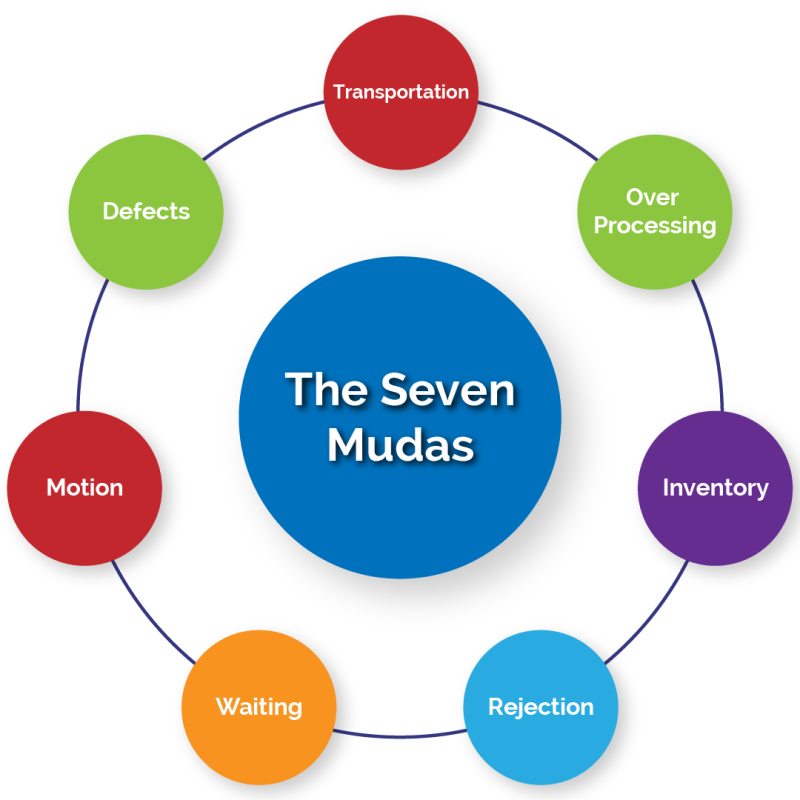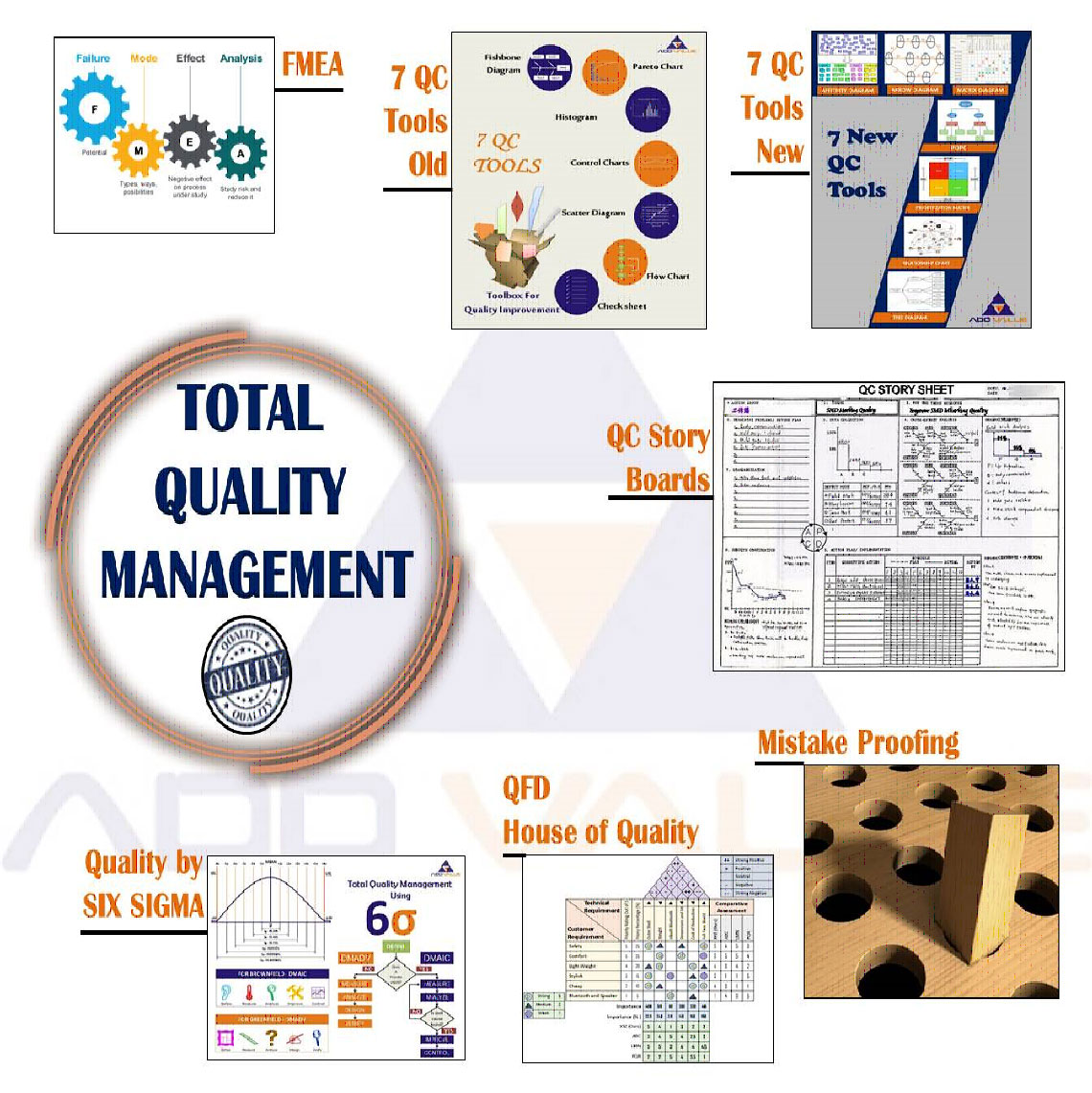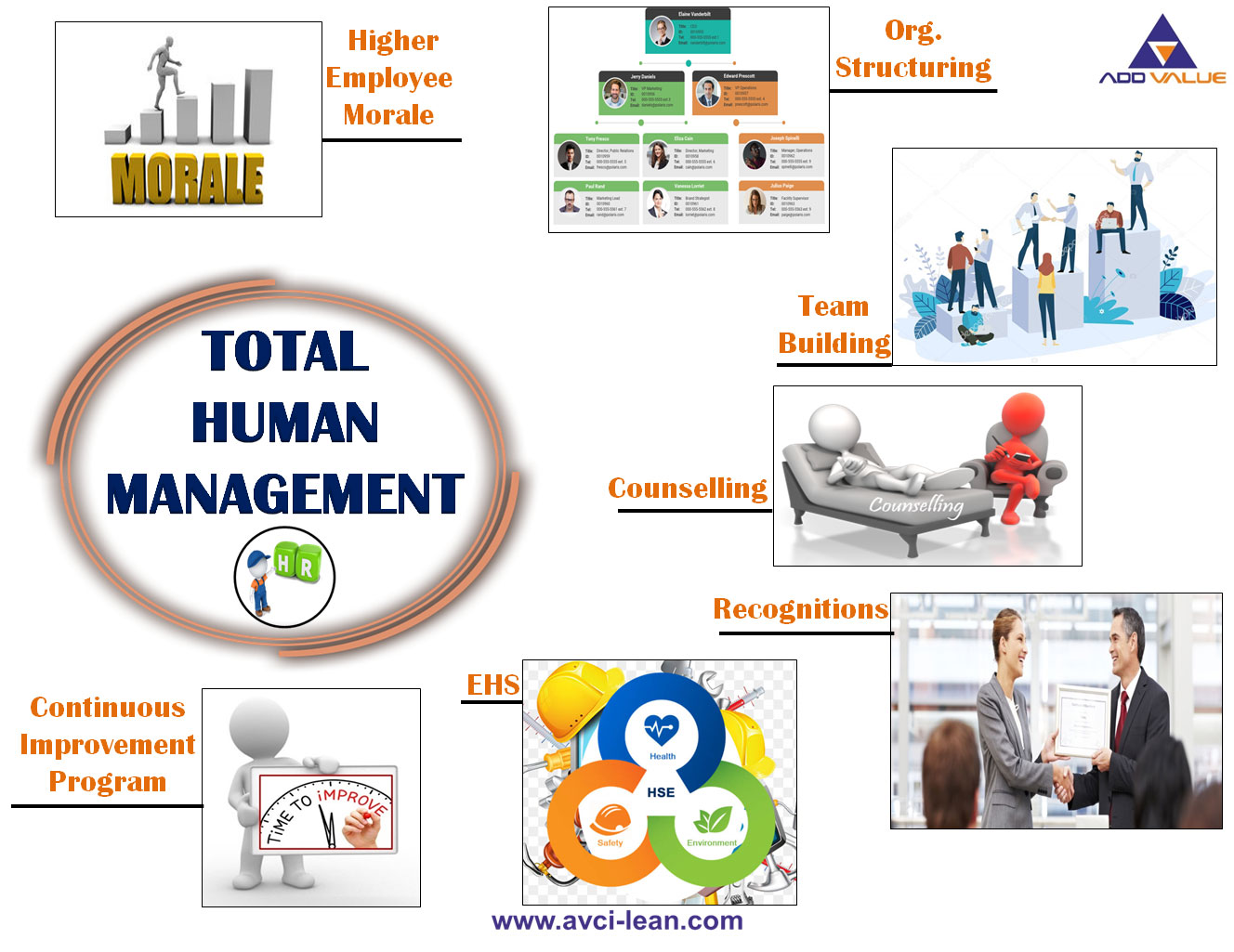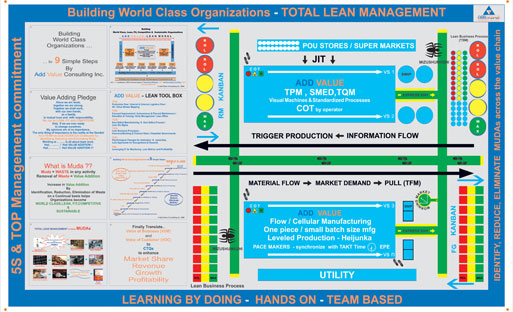Lean is defined as a set of management practices to improve efficiency and effectiveness by eliminating waste. The core principle of lean is to identify, reduce and eliminate non-value adding activities and waste. Waste, or muda in Japanese, is defined as the performance of unnecessary work as a result of errors, poor organization, or communication. The typical MUDAs, as identified are:

Lean manufacturing improves efficiency, reduces waste, and increases productivity. The benefits, therefore, are manifold:
Manufacturing Organizations across the globe are facing stiffer competitions internally as well as from Manufacturing giants and are chasing the same customers in many cases. Be the best at what you do, or be ready to lose the business.
Customers demand the lowest price possible leaving very less to earn for the makers which directly reflects in the almost negated profits. They demand perfection and expect products that are totally defect-free. One other challenge that persists is that the demand is always urgent leaving the makers gasping for breather amidst their production cycles. The challenge for small companies is how to do all three of these well?
ADDVALUE, across two decades of consulting, has developed an exclusive approach to link Lean Practices with Business Goals and has hand held organizations towards becoming truly the great success stories. AVCI Consultants work closely with their clients to bring Lean Manufacturing (along with the in-house training of personnel in applicable concepts) into the Business Processes. ADDVALUE’s Lean model outlines the success mantra to approach Business Enhancement through Lean Manufacturing.
Lean is applied in manufacturing as Lean Manufacturing and as Lean Services in the service sectors. It is based on the TOTAL LEAN MANAGEMENT (TLM) Model.
TLM comprises of 5 pillars, which are dependent yet mutually exclusive.

Producing and moving one item at a time (or a small and consistent batch of items) through a series of processing steps as continuously as possible, with each step making just what is requested by the next step. It is also called the one-piece flow, single-piece flow, and make one, move one. The intent of flow production is to increase the velocity of products and make the production cycle predictable.

Total Productive Maintenance (TPM) is a system of maintaining and improving the integrity of production, safety and quality systems through the machines, equipment, processes, and employees that add value to the value chain.

Total Quality Management aims to make efforts to "install and make permanent climate where employees continuously improve their ability to provide on demand products and services that customers will find of particular value”.

Total Service Management aims at improving services that support the manufacturing operations. This refers to managing the supply chain for an organization, i.e. Suppliers (through purchase planning) and Customers (through back office support).

Total Human Management is the strategic approach to the effective management of people in a company or organization such that they help their business gain a competitive advantage. It is designed to maximize employee performance in service of an employer's strategic objectives. The overall purpose of human resources (HR) is to ensure that the organization is able to achieve success through people.
ADDVALUE CONSULTING INC (AVCI) integrates and aligns all Lean pillars and tools with organization Business Excellence (BE) model in its Lean Training, Consulting and coaching modules, creating Operational Excellence (OPEX) in each and every aspect of the enterprise.

Understanding, Implementation, Sustenance and Audit of the 5 PILLARS TOTAL LEAN MANAGEMENT - TFM, TPM, TQM, TSM, THM can drive the organizations becoming world class, fit, flexible and competitive in their respective domains and establish leadership in cost, delivery, service and innovation. Business goals are achieved easily through the culture of mutual respect, team work and passion for continual excellence.
Organizations following LEAN KAIZEN principles tend to have better margins, sustained growth and profitability.

For more details about Lean Manufacturing Training & Consulting Email : info@avci-lean.com or Call / Whatsapp : +91 9824009792